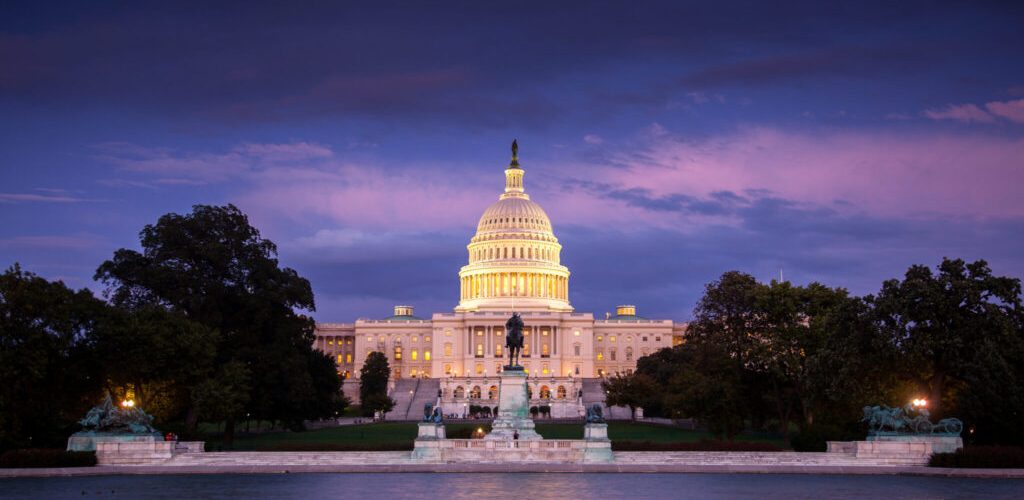Four of Arizona’s nine members of the U.S. House of Representatives voted Wednesday to raise the debt ceiling and avoid a catastrophic default.
The Fiscal Responsibility Act, which passed 314-117, now heads to the Senate.
The Arizona House members who voted to stave off default were Republicans Juan Ciscomani and David Schweikert, and Democrats Ruben Gallego and Greg Stanton.
“We cannot default on the sovereign debt of the United States, so today I reluctantly voted to increase the debt ceiling to avoid economic calamity that will only hurt the American public,” Schweikert said in a statement. He called the bill “imperfect,” but that it “begins the process of solving unsustainable spending problems.”
Ciscomani also said he would not risk default.
“I supported today’s debt ceiling vote because I could not entertain the alternatives: a clean lift with no changes to Washington’s bad habits, or default on our debt,” he said in a statement.
On the Democratic side, Stanton said, “A default would be devastating—costing millions of Americans their jobs, draining retirement accounts, driving up costs and undermining our national security.”
Gallego said the compromise was a byproduct of a divided government.
“This is the reality of a divided Congress,” he said in a tweet. “And this compromise protects Dems’ historic achievements and prevents extremists from holding AZ families hostage.”
The president and CEO of the Arizona Chamber of Commerce & Industry, Danny Seiden, applauded the four members who voted to avoid default.
“Defaulting would have been catastrophic for the state, national, and global economies,” he said. “The two Republicans and two Democrats from Arizona’s House delegation voted to do the right thing, the responsible thing. We would encourage Senators Sinema and Kelly to vote in favor of the bill and to send this bill to the president.”
Once signed into law, the bill will suspend the debt limit until January 2025, thus avoiding another debt ceiling debate in the middle of an election. The bill reduces spending by about $55 billion next year and $81 billion in 2025, claws back nearly $30 billion in unspent Covid relief funds, and restarts federal student loan payments that were paused during the pandemic and maintained by the Biden administration. It also adds new work requirements for some food stamp recipients.
The Congressional Budget Office estimates the bill will reduce the deficit by $1.5 trillion over the next decade.
















Add comment